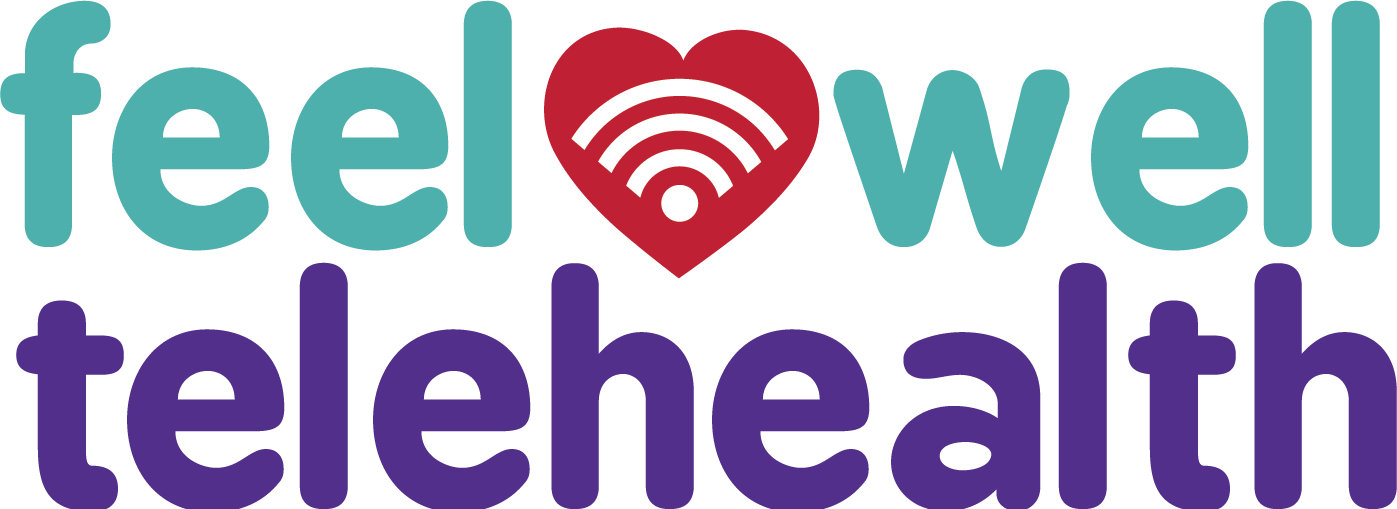Period Power: Fasting and Hormonal Sync

The intriguing intersection of fasting and menstrual cycles are not fully understood by science. Here you’ll find a few interesting facts to empower you or the women in your life.
The menstrual cycle can have a significant impact on a woman’s energy levels and overall sense of well-being.
Intermittent fasting is an eating pattern that alternates between periods of fasting and eating. When this pattern is adapted to the menstrual cycle it can potentiate its benefits.
Here’s a quick summary of hormonal fluctuations in a 28-day cycle and how to align them with your intermittent fasting. If your cycle is longer or shorter adjust accordingly.
There are several hormones involved in the menstrual cycle, we’re just going to mention the two main ones Estrogen and Progesterone.
The first day of your cycle is when menstruation (bleeding) starts – Estrogen and Progesterone are low. On days 2 – 12 Estrogen levels start to increase and so does your energy. This is the best phase to do longer intermittent fasting, as Estrogen is predominant and needs lower glucose for optimal functioning.
On days 13-21 Estrogen and Progesterone levels decrease and then increase. In this phase, continue moderate intermittent fasting.
A week before your period, days 22-28, Progesterone is dominant, and it needs higher glucose for optimal functioning. At this stage, do not fast and eat more carbohydrates. Choose healthy carbohydrates that you like, for example sweet potatoes, quinoa, oatmeal, beans, and fruits.
It’s essential to listen to your body’s signals regardless of your menstrual cycle phase. If you feel extremely hungry or fatigued, consider breaking your fast earlier or choosing healthier foods to eat during your eating windows. Eating more at each meal can sometimes help.
Intermittent fasting methods vary widely. The 16/8 method (fasting for 16 hours and eating during an 8-hour window) for 5 days a week is generally considered safe for most people.
Stay hydrated throughout your cycle, as proper hydration is important for overall health.
Consult a Healthcare Professional before making significant changes to your eating patterns. Especially, if you have any underlying medical conditions, or have specific concerns about how intermittent fasting might affect your menstrual cycle or overall health. Individual responses to intermittent fasting can differ.
Prioritize self-care, both physically and emotionally. Regular check-ups, a balanced diet, and exercise can contribute to your overall health. Remember that self-care also includes taking time for relaxation and mental well-being.
If you want to learn more about intermittent fasting, I’m here for you.
Dr. Clelia Lima, DNP, APRN


